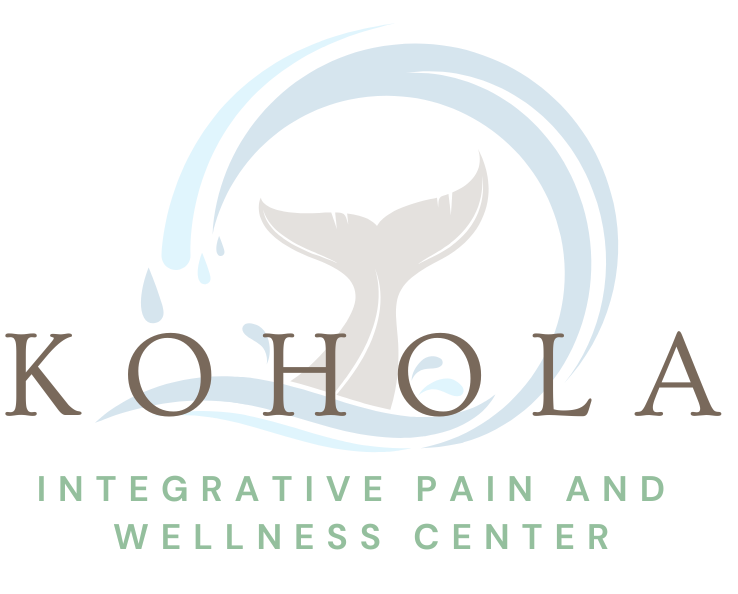- 123-123-123
- Your Email Here
Chronic pain coaching is a supportive, therapeutic approach designed to help individuals living with long-term pain manage their condition and improve their quality of life. It focuses on empowering individuals to develop coping strategies, build resilience, and adopt behaviors that can help them better manage their pain, reduce stress, and improve mental and emotional well-being. Chronic pain coaching is not a medical treatment in itself but can complement other forms of pain management, such as medical care, physical therapy, and medications.

One of the primary goals of chronic pain coaching is to educate individuals about their condition. This may involve explaining the nature of chronic pain, the role of the nervous system, how emotions and thoughts influence pain perception, and how to make sense of their pain experience.
Chronic pain often affects both the body and mind. Pain coaches help individuals understand the relationship between their emotional state (such as anxiety, depression, or stress) and their pain. They encourage techniques that help manage stress and emotions, which can, in turn, alleviate pain or prevent it from worsening.
Pain coaching involves teaching practical skills and coping techniques to manage the emotional and physical challenges of living with chronic pain. Some examples include:
• Relaxation techniques: Breathing exercises, progressive muscle relaxation, and meditation.
• Mindfulness: Staying present and observing pain without judgment.
• Cognitive Behavioral Therapy (CBT) principles: Reframing negative thoughts about pain and learning to develop a more positive, adaptive mindset.
Coaches work with individuals to set realistic, achievable goals for pain management and improving quality of life. These goals could range from engaging in more physical activity to developing a healthier mindset or reducing reliance on medications.
Chronic pain coaches often guide individuals in adopting lifestyle changes that can have a positive impact on pain management. This may include:
• Improving sleep habits: Chronic pain often disrupts sleep, and proper rest is crucial for managing pain.
• Exercise: Gentle physical activity, such as walking or stretching, is encouraged to help maintain mobility and reduce pain.
• Nutrition: Eating a balanced diet can support overall health and potentially reduce inflammation, which can impact pain levels
Pain coaching helps individuals build mental resilience to cope with setbacks, frustration, or flare-ups of pain. Coaches guide clients to see pain as something that can be managed, not something that controls their lives.
Chronic pain coaches provide a nonjudgmental, empathetic environment where individuals can talk openly about their pain and challenges. The coach serves as a supportive guide, helping individuals navigate their pain journey with greater confidence and less stress.

• People with emotional distress related to chronic pain: If someone’s chronic pain is causing or exacerbating depression, anxiety, or stress, coaching can help them address these emotional challenges.
• People seeking to reduce dependence on medications: Chronic pain coaching can help individuals reduce their reliance on pain medications by teaching them other effective strategies for pain management.

Where holistic therapies and advanced fascia-focused treatments come together to restore balance, alleviate pain, and promote overall wellness. Your journey to lasting relief starts here.
© 2025 All rights reserved | Designed with ❤ by Blue-IT Technologies